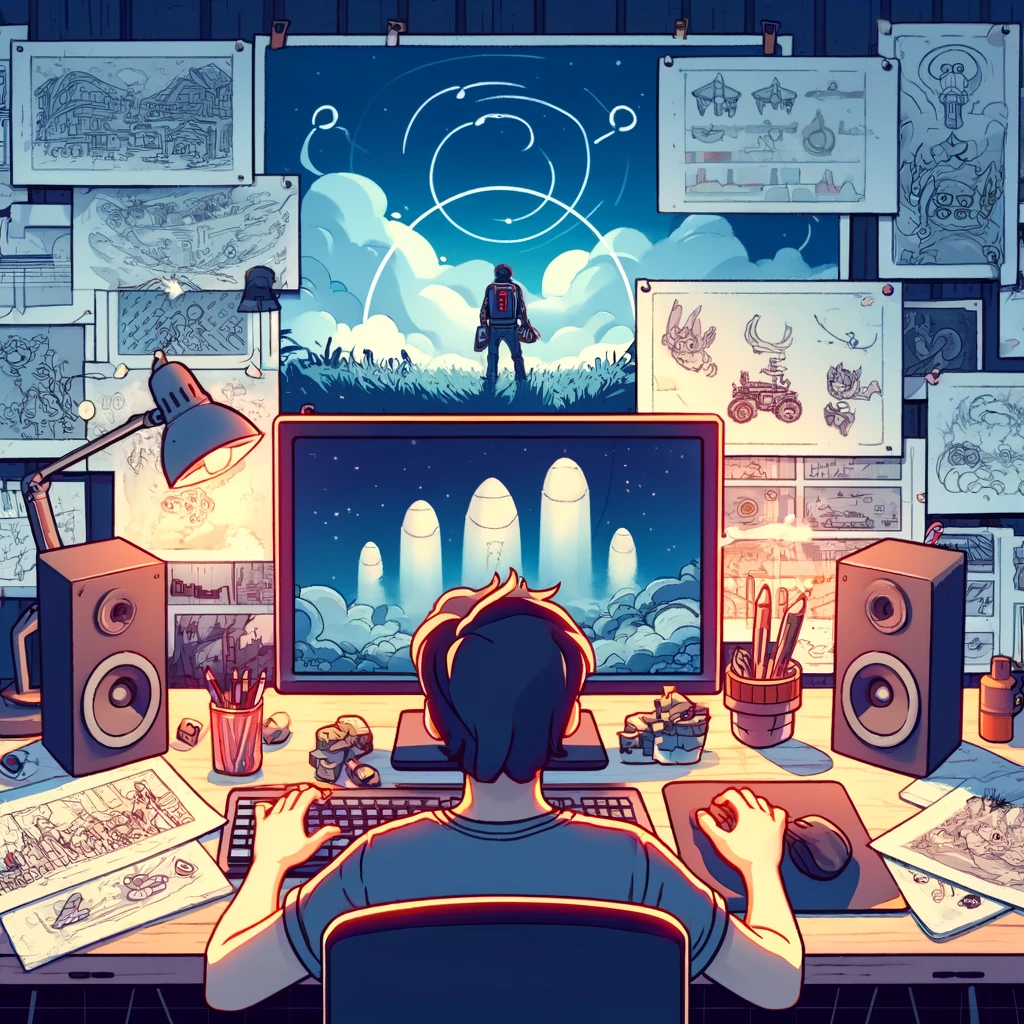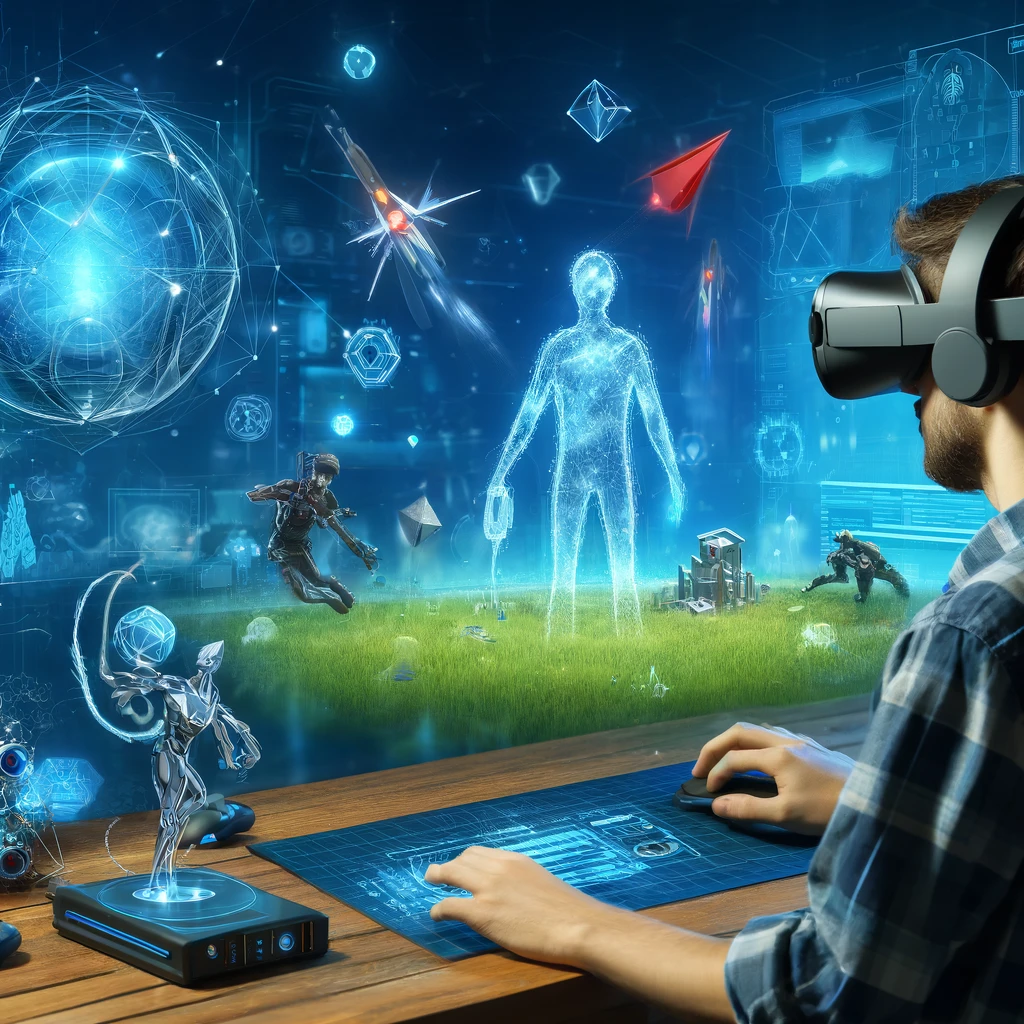Interview with Top Game Developers: Insights and Inspirations
The world of game development is a fascinating blend of creativity, technology, and storytelling. To gain deeper insights into this dynamic field, we interviewed leading game developers about their creative processes, industry trends, and sources of inspiration. Here are some highlights from our conversations with these visionary creators.
The Creative Process
Understanding Player Needs
One common theme among top game developers is the importance of understanding the players’ needs and preferences. Jane Smith, a senior game designer at XYZ Studios, emphasizes the significance of player feedback. “Our creative process begins with extensive research and player feedback. We strive to create games that resonate with our audience and provide them with an engaging experience.”

Iterative Design
Many developers follow an iterative design process, where games are constantly refined based on testing and feedback. John Doe, the lead developer at ABC Games, explains, “We build prototypes, test them rigorously, and refine our designs based on the feedback we receive. This iterative approach allows us to create more polished and enjoyable games.”
Balancing Creativity and Technical Constraints
Balancing creativity with technical constraints is another critical aspect of game development. Emily Johnson, a game artist at DEF Interactive, shares her perspective: “While creativity is at the core of our work, we must also consider technical limitations. Collaborating closely with our technical team ensures that our creative vision is achievable within the constraints of the technology.”
Industry Insights
Emerging Technologies
The game development industry is constantly evolving, with new technologies shaping the future of gaming. Virtual reality (VR) and augmented reality (AR) are two such technologies gaining traction. “VR and AR offer immersive experiences that can revolutionize gaming,” says Michael Brown, a VR specialist at GHI Studios. “These technologies allow players to interact with game environments in entirely new ways.”
The Rise of Indie Games
Indie games have also made a significant impact on the industry. These smaller, independently developed games often bring fresh and innovative ideas to the table. Sarah Lee, an indie game developer, notes, “Indie games have the freedom to experiment and take creative risks. This has led to some of the most unique and memorable gaming experiences.”
Diversity and Inclusion
Diversity and inclusion are becoming increasingly important in game development. Developers are recognizing the need to create games that represent a wide range of experiences and perspectives. “We aim to create inclusive games that resonate with a diverse audience,” says Carlos Martinez, a narrative designer at JKL Studios. “Representation matters, and we strive to reflect that in our games.”
Sources of Inspiration
Everyday Life
Many game developers find inspiration in everyday life. “Our daily experiences, conversations, and observations often spark ideas for new games,” shares Linda Nguyen, a creative director at MNO Games. “Inspiration can come from the most unexpected places.”
Other Media
Books, movies, and other forms of media also serve as rich sources of inspiration. “I often draw inspiration from literature and cinema,” says Kevin White, a game writer at PQR Entertainment. “These mediums offer unique storytelling techniques that can be adapted to game narratives.”
Player Communities
Engaging with player communities provides valuable insights and inspiration. “Our players are a constant source of inspiration,” notes Rachel Kim, a community manager at STU Interactive. “Their passion and creativity drive us to push the boundaries of what games can be.”
Conclusion
The insights and inspirations shared by these top game developers highlight the complexity and creativity involved in game development. By understanding player needs, embracing new technologies, and finding inspiration in everyday life, these developers continue to create innovative and engaging gaming experiences. The future of game development looks bright, with endless possibilities for creativity and innovation.
